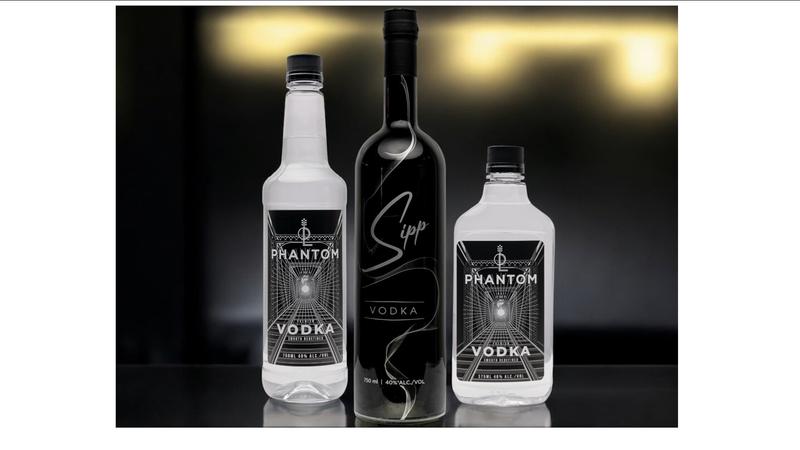
Prince Albert freedom convoy was more like a parade
As 2022 draws to a close, paNOW is taking a look back on the most important and impactful stories of the year, as selected by our reporters and editorial staff.
When a group of people from Prince Albert and the rural areas headed to Ottawa at the end of January, the mood around the departure and throughout February was more parade-like than protest-like, paNOW reported.
The group was part of the so-called Freedom Convoy that was driving to the capital to protest vaccination requirements during the COVID-19 pandemic.
Area residents Melanie Markling and Ryan Mihilewicz were both parts of the effort as was Rick Sproull, Mihilewicz’s uncle.


